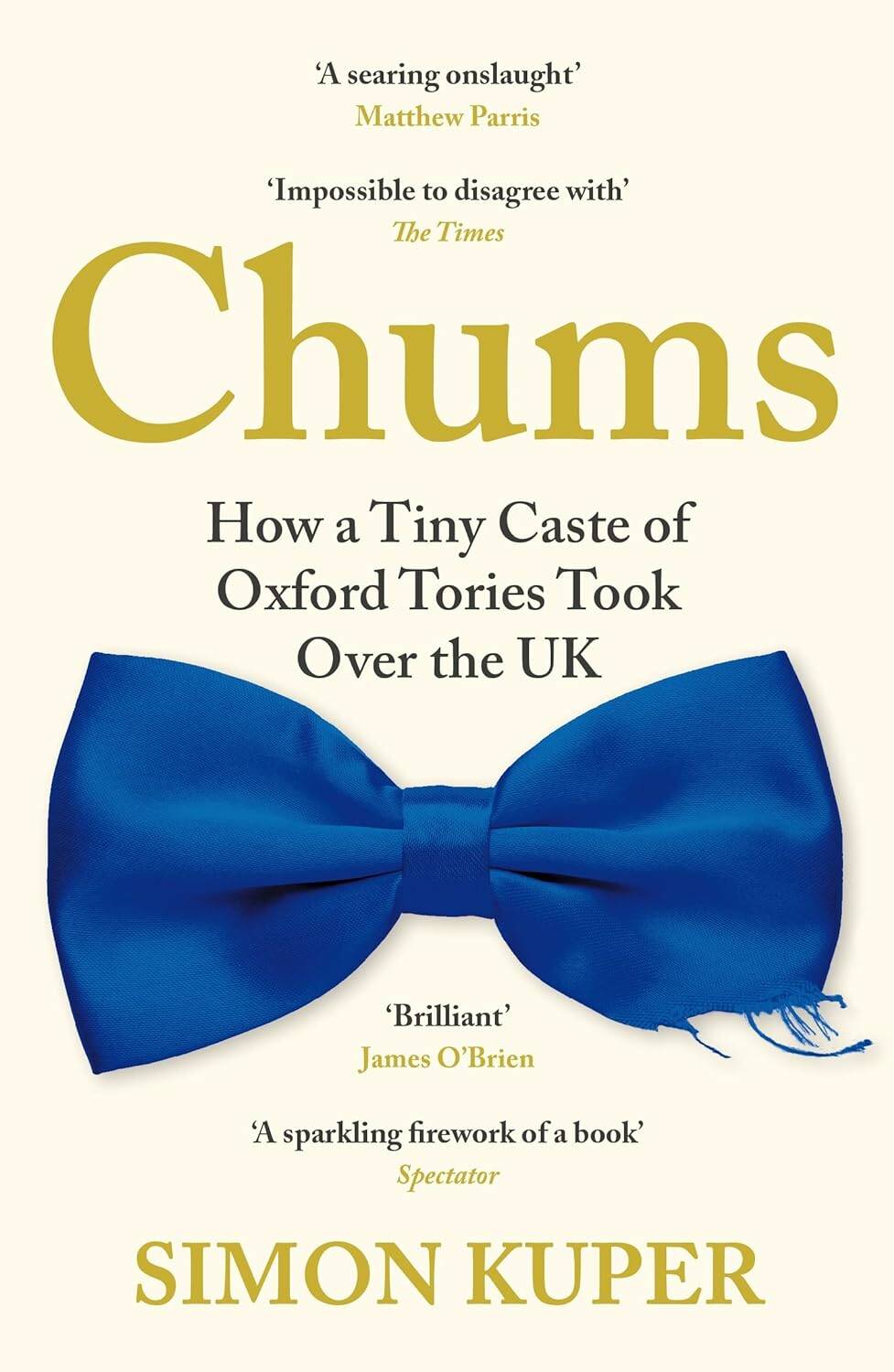Oxford a pipeline for U.K.’s ruling caste
Advertisement
Read this article for free:
or
Already have an account? Log in here »
To continue reading, please subscribe:
Monthly Digital Subscription
$0 for the first 4 weeks*
- Enjoy unlimited reading on winnipegfreepress.com
- Read the E-Edition, our digital replica newspaper
- Access News Break, our award-winning app
- Play interactive puzzles
*No charge for 4 weeks then price increases to the regular rate of $19.00 plus GST every four weeks. Offer available to new and qualified returning subscribers only. Cancel any time.
Monthly Digital Subscription
$4.75/week*
- Enjoy unlimited reading on winnipegfreepress.com
- Read the E-Edition, our digital replica newspaper
- Access News Break, our award-winning app
- Play interactive puzzles
*Billed as $19 plus GST every four weeks. Cancel any time.
To continue reading, please subscribe:
Add Free Press access to your Brandon Sun subscription for only an additional
$1 for the first 4 weeks*
*Your next subscription payment will increase by $1.00 and you will be charged $16.99 plus GST for four weeks. After four weeks, your payment will increase to $23.99 plus GST every four weeks.
Read unlimited articles for free today:
or
Already have an account? Log in here »
Hey there, time traveller!
This article was published 07/10/2023 (756 days ago), so information in it may no longer be current.
In a brilliant backhanded compliment, Simon Kuper praises Canada for being one of the most socially developed countries in the world — and then goes on to say that this is because we don’t have any world-beating universities.
Kuper, a Financial Times columnist, is contrasting Canada with the United Kingdom, which has some of the world’s most renowned universities, including Oxford. Yet those Britons born poor are more likely to remain poor, and those born rich are more likely to remain rich.
Kuper, who writes with verve and has a gift for engaging turns of phrase, attributes this to a British ruling caste that he calls the “Chumocracy” or the “Oxocracy.” Most of this caste follow a path from elite private schools to Oxford University. Less than 0.5 per cent of each British age cohort attends Oxford, yet of 17 prime ministers from 1940 to 2023, 13 went to Oxford. Five consecutive Oxford Conservative prime ministers have led the U.K. since 2010.

Chums
Kuper, himself an Oxford graduate, takes pains to point out that the university provides an excellent education for those who choose to study and has a majority of undergraduates who are not obsessed with politics.
However, there exists a small subset of rich upper-class (mostly) men, graduates of private boarding schools which indoctrinate them to believe that they are born to rule. Here they learn the ruling-class accent, the rhetorical skills and the self-confidence that comes from being convinced that their privileges are right and normal.
At Oxford they live in their own closed universe, mixing mostly with their old school chums. Secure from the reality of collapsing public services, rotting infrastructure and unsafe streets, they treat politics as a game. In the 1980s, they included Boris Johnson, David Cameron and others who would later play important parts in the Brexit drama.
Kuper argues that the university debating society, the Oxford Union, is the main reason Oxford produces so many prime ministers. The 200 year-old institution is modelled on the House of Commons except that it has no real power. As a result, it favours oratory over policy. Debates are won by ironic banter, jokes and personal attacks. It was made for Boris Johnson.
By his own admission, Johnson saw the Union as a “massage-parlour for the egos of the assorted twits, twerps, toffs and misfits that inhabit it.” Here he developed his political persona as a witty, charming rogue, free to defy plebeian norms. This created a loyal following of fans who helped him win debates and the presidency of the Union. For him, they were nothing but deluded stooges. As he said, “The terrible art of the candidate is to coddle the self-deception of the stooge.”
On graduating from Oxford, Johnson and Cameron’s network of chums found them safe seats in parliament. Johnson expected he would soon become prime minister, but Cameron beat him to it. Cameron would have to pay for usurping Johnson’s natural right. Brexit was the answer.
A minority of Oxford Tories chafed at the notion that the European Union could, at times, tell Britain what to do. After all, their upper-class friends and families had been telling not only Britain, but also most of the world, what to do for centuries. They opposed Cameron, who wanted to stay in the European Union. Accordingly, following the rules of the Oxocracy game, Johnson supported Brexit to bring Cameron down.
The same games were played during the COVID crisis. The dangers to the lives of British citizens were ignored by crass, self-obsessed, entitled liars who broke their own rules while enriching their cronies. Irresponsible government is inevitable when the rulers personally are immune from serious consequences.
Sadly, Kuper concludes that there is a significant proportion of the British electorate who are themselves indoctrinated in the myth that some are really “born to rule.”
Maybe Winnipegger John K. Collins might have been prime minister of somewhere if he had only been nicer to the assorted twits, twerps, toffs and misfits of his school days.


